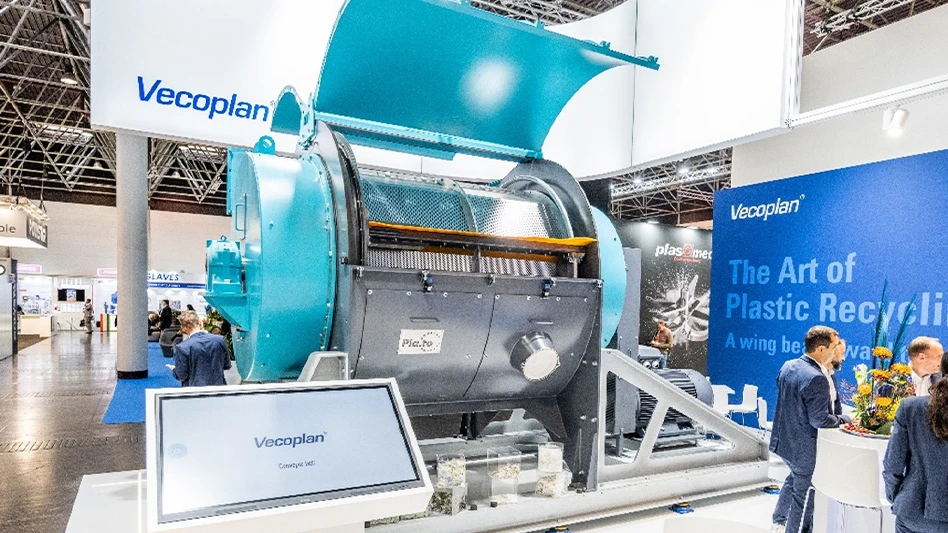As professionals in the burgeoning information destruction industry, SDB’s readers have the dual role of educator and student to fulfill on a regular basis. Our readers educate their customers and potential customers, advising them on the benefits of outsourcing their information destruction and their responsibilities to destroy consumers’ personal information in  accordance with various laws and regulations. Of course, before you can educate on a subject, you have to become an expert at it yourself. That’s where SDB hopes to be of service to the industry, providing timely and relevant editorial on a variety of topics.
accordance with various laws and regulations. Of course, before you can educate on a subject, you have to become an expert at it yourself. That’s where SDB hopes to be of service to the industry, providing timely and relevant editorial on a variety of topics.
Customer education is critical to the continued growth of the document destruction industry, according to Nate Segall, vice president of Toledo, Ohio-based AccuShred and current president of the National Association for Information Destruction (NAID).
Segall, as you’ll learn from the cover story, has an MBA in marketing and has used his talents to help produce customer education and marketing materials for AccuShred and NAID.
Despite Segall’s efforts to date, he says he feels the need for customer education remains. "Many businesses still need to understand the importance of proper information destruction and the cost-effectiveness of the services we offer," Segall tells SDB’s Brian Taylor. "Our biggest competitor is still the organization that fails to recognize the value of outsourcing its information destruction and continues to handle it internally."
For more information on how Segall and AccuShred have addressed the need for customer education, be sure to read our cover story, which starts on p. 18 of this issue.
While also on the topic of education, the feature "Audit Trail," p. 34, concerns schooling product and information destruction firms on vetting electronics recyclers. Author Lauren Roman of MaSer Corp., based in Barrie, Ontario, brings her experience in the electronics recycling industry to bear, offering her insight into the area of audits. Roman provides suggestions for how secure destruction firms can evaluate their downstream vendors by asking pointed questions of both their vendors and their vendors’ downstream processors.
As more document destruction firms are being asked by their customers to destroy digital media and hard drives in addition to paper documents, being able to assess the operations of electronics recyclers and their downstream vendors will become critical and enable such firms to highlight not only their security, but also their environmental and social responsibility.
SDB is proud to make information like this available to the benefit of the information management industry.

Explore the December 2007 Issue
Check out more from this issue and find your next story to read.
Latest from Recycling Today
- Equipment from the former Alton Steel to be auctioned
- Novelis resumes operations in Greensboro, Georgia
- Interchange 360 to operate alternative collection program under Washington’s RRA
- Waste Pro files brief supporting pause of FMCSA CDL eligibility rule
- Kuraray America receives APR design recognition for EVOH barrier resin
- Tire Industry Project publishes end-of-life tire management guide
- Des Moines project utilizes recycled wind turbine blades
- Charter Next Generation joins US Flexible Film Initiative





